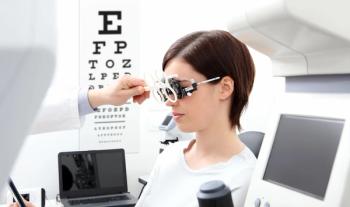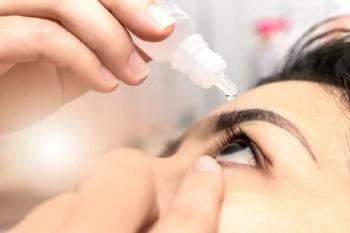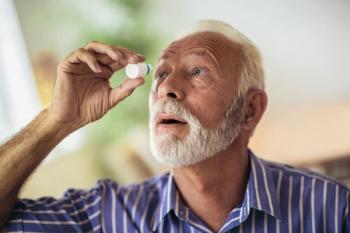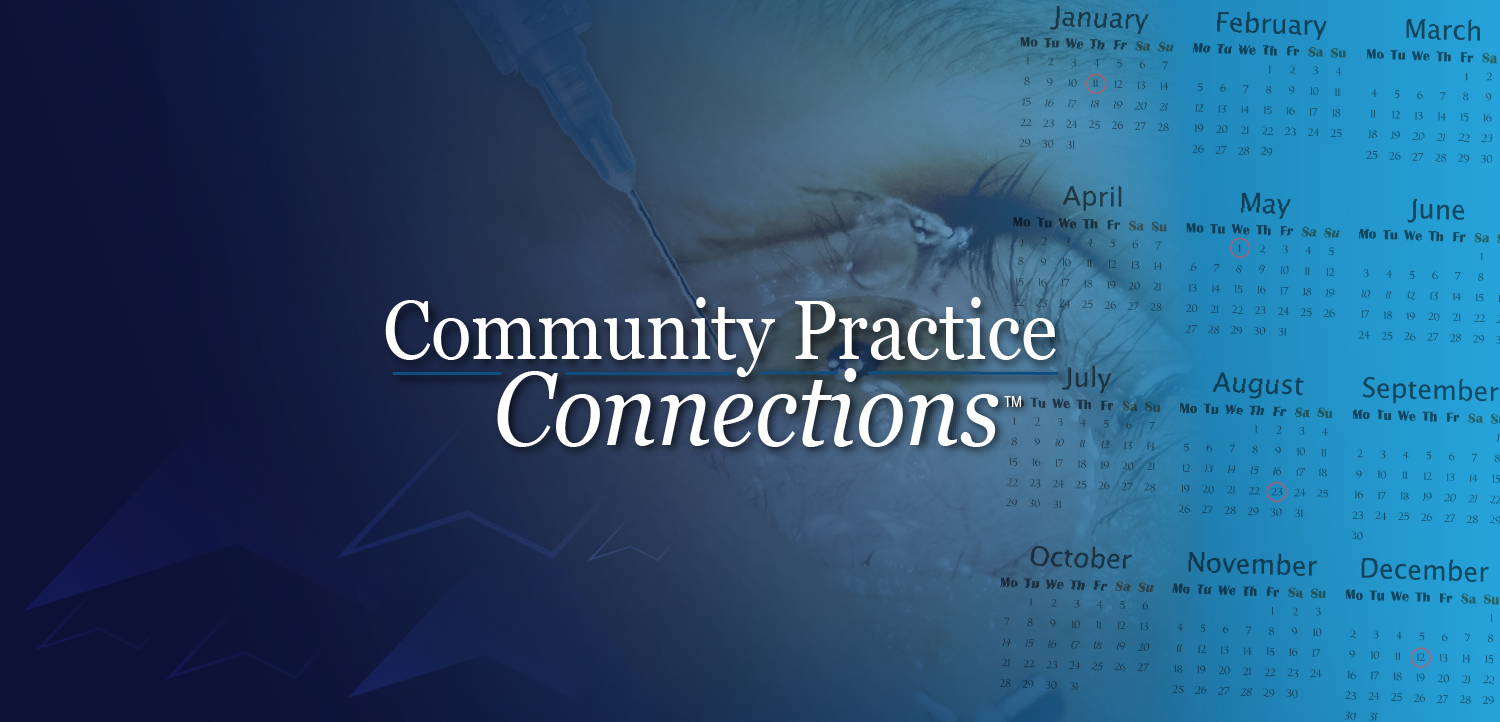
Is it all about itch?
Time and again, we hear the mantra about itch and allergy-if it itches, then it’s allergy. For most patients, this holds true. But, there are times when there are no itch symptoms, but allergy is present. Experience has taught one clinician that there are 5 symptoms that mean allergic conjunctivitis.
Time and time again, we hear the mantra about itch and allergy-if it itches, then it’s allergy. For most patients, this holds true. But, there are times when there are no itch symptoms, but allergy is present. It’s almost to the point where our obsession with itch can mislead rather than lead to the right diagnosis.
What I have learned the hard way is there are five symptoms I look for in allergic conjunctivitis:
- Itch (of course)
- Redness
- Watery eyes
- Swelling
- Dryness
Redness and swelling are classic signs of inflammation. But, watery eyes and dryness? Yes, this seems contradictory in itself.
Figure 1. OCT image of tear meniscus height.
How did I come up with this nonsensical conclusion? I participated in a study on itch and tear meniscus heights.1 In our small study, we found a negative correlation between the severity of itch and meniscus heights measured with OCT (see Figure 1). In other words, the lower the tear meniscus height, the more severe the itch becomes. We know that low tear meniscus heights indicate poor tear volume (aqueous tear deficiency) or dryness. So, the drier the eye, the worse the itch gets.
Do we see itch when the eye is watery or when it is dry? Most likely, when it is dry. Why is this? When there is a lower tear volume, the concentration of inflammatory factors in the tears goes up and elicits the itch response. Basically, I see the itch and dryness linked together, and watery as another symptom that occurs at a different time point during the allergic response.2
Now I look beyond itch for allergic conjunctivitis. Dryness, watery eyes, redness, and swelling play equally important roles.ODT
Reference
1. Hom MM. Nguyen AL. Bielory L. Tear meniscus height by optical coherence tomography (OCT) and ocular itch. Academy of Asthma Allergy and Immunology. 2013 Poster #410 Session # 3210
2. Bielory L. Ocular symptom reduction in patients with seasonal allergic rhinitis treated with the intranasal corticosteroid mometasone furoate. Ann Allergy Asthma Immunol. 2008 Mar;100(3):272-279.
5 symptoms of allergic conjunctivitis
• Itch (of course)
• Redness
• Watery eyes
• Swelling
• Dryness
Newsletter
Want more insights like this? Subscribe to Optometry Times and get clinical pearls and practice tips delivered straight to your inbox.
















































.png)


